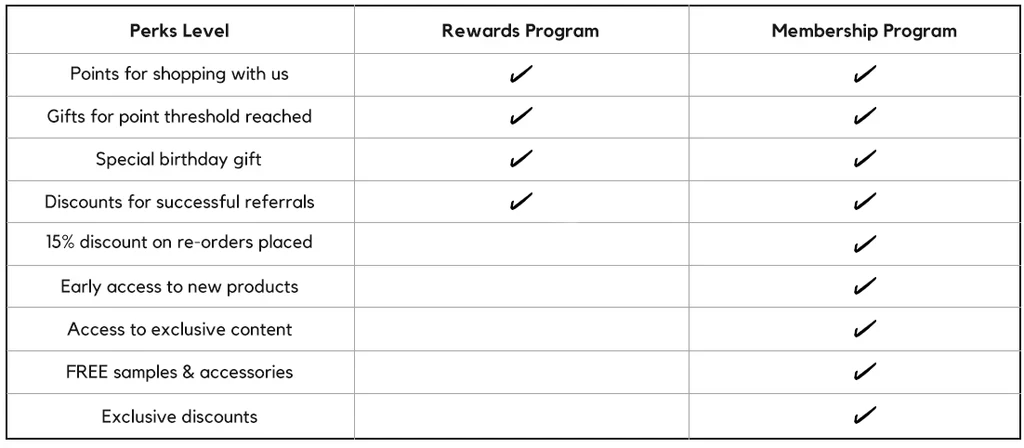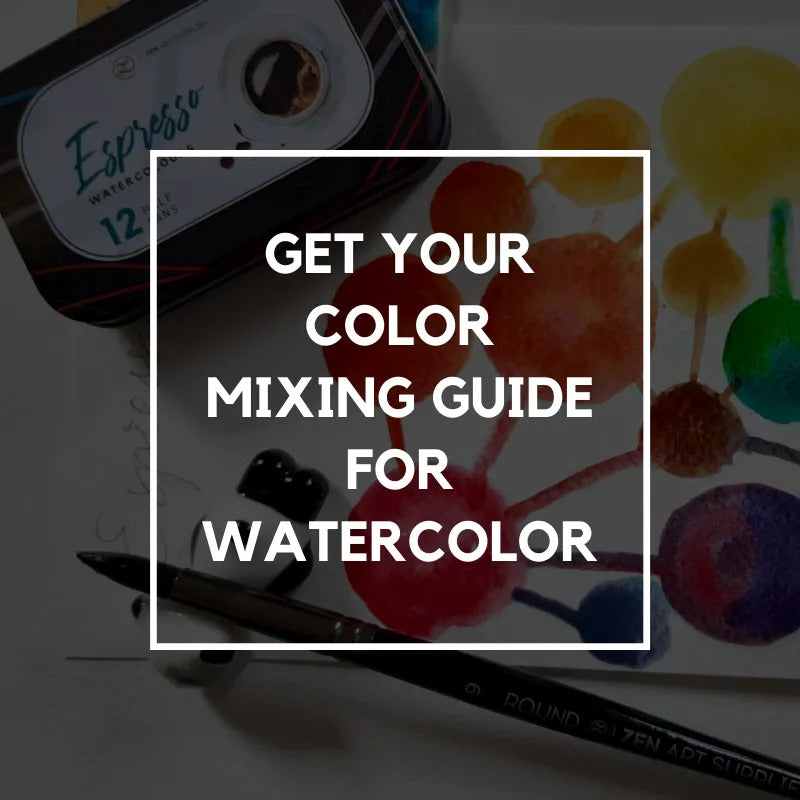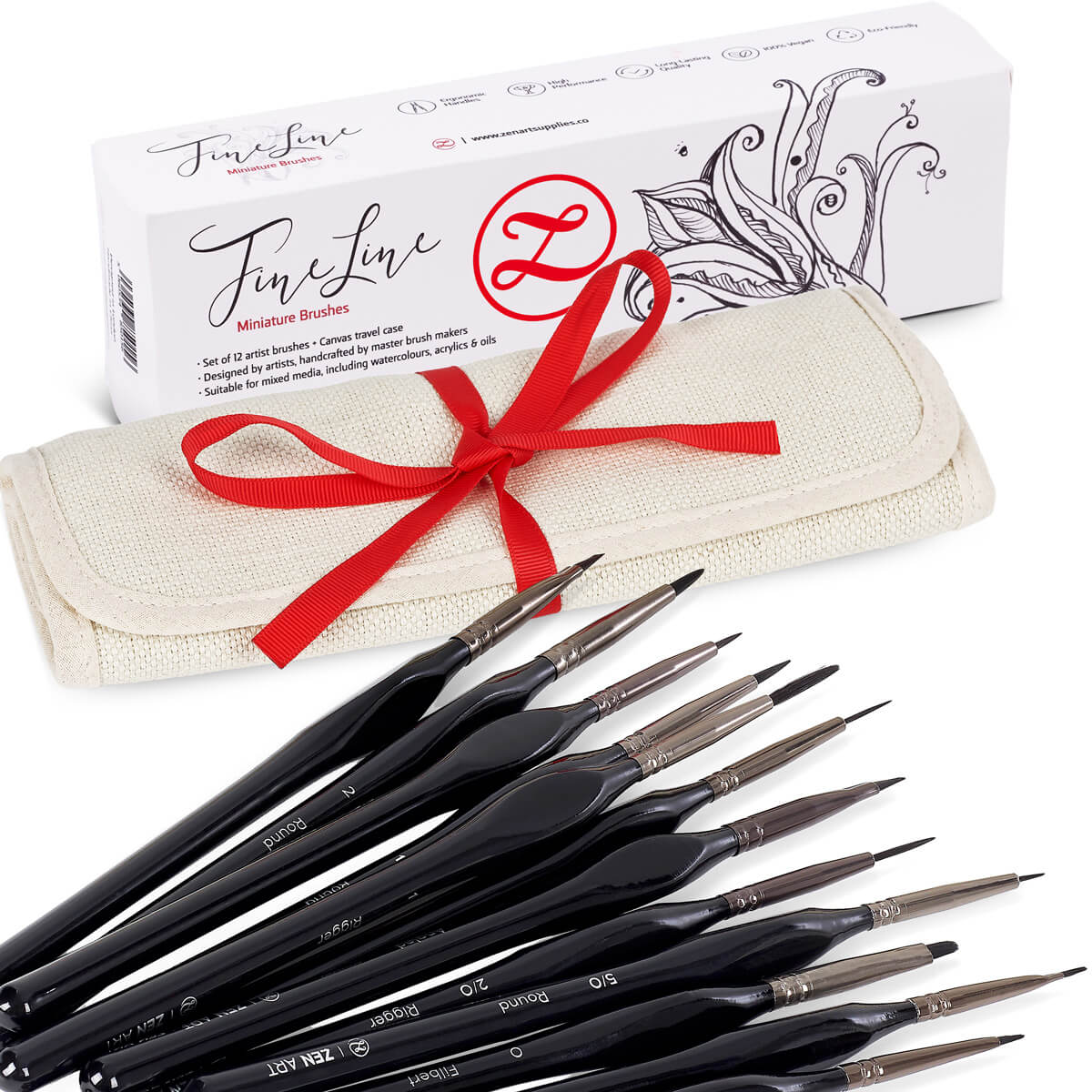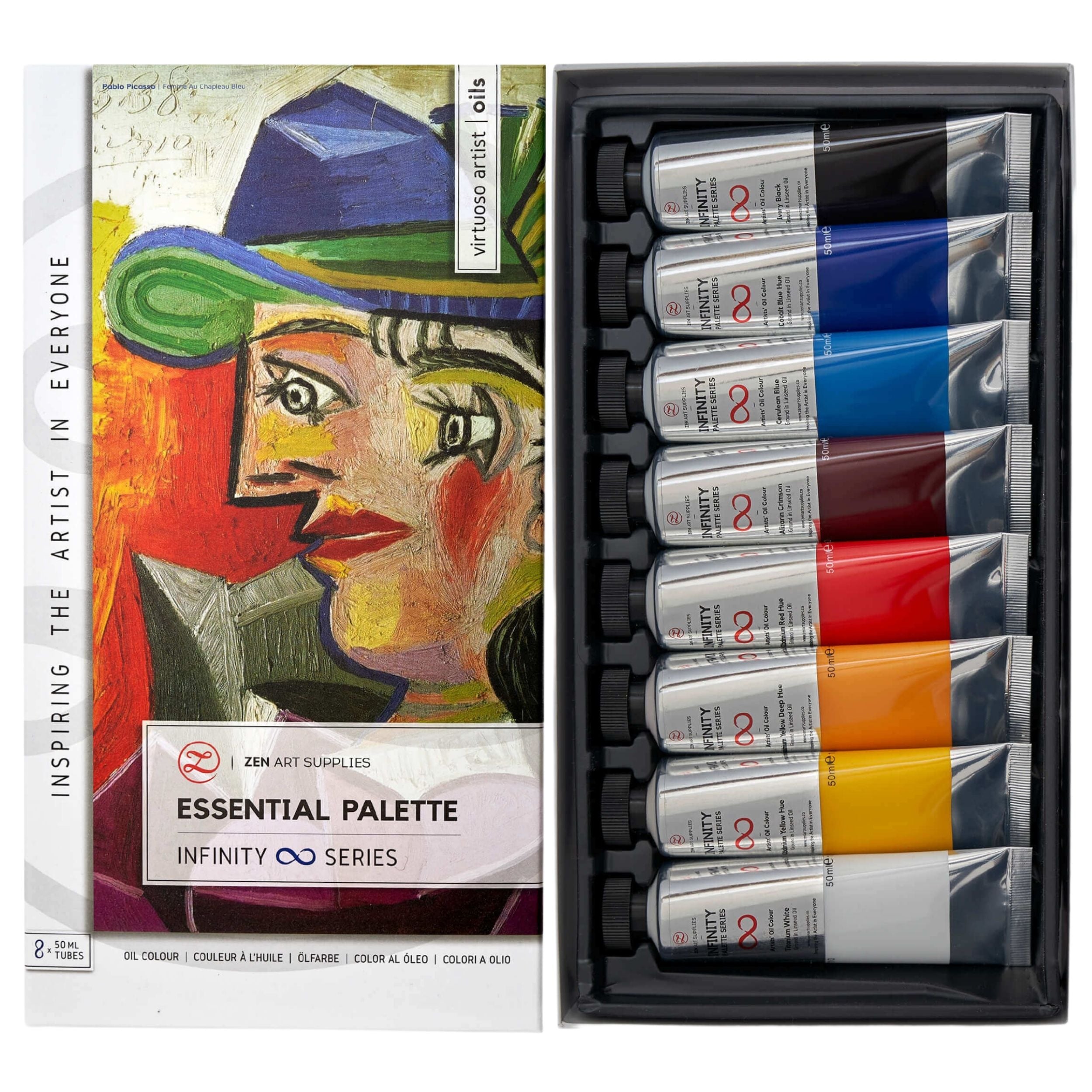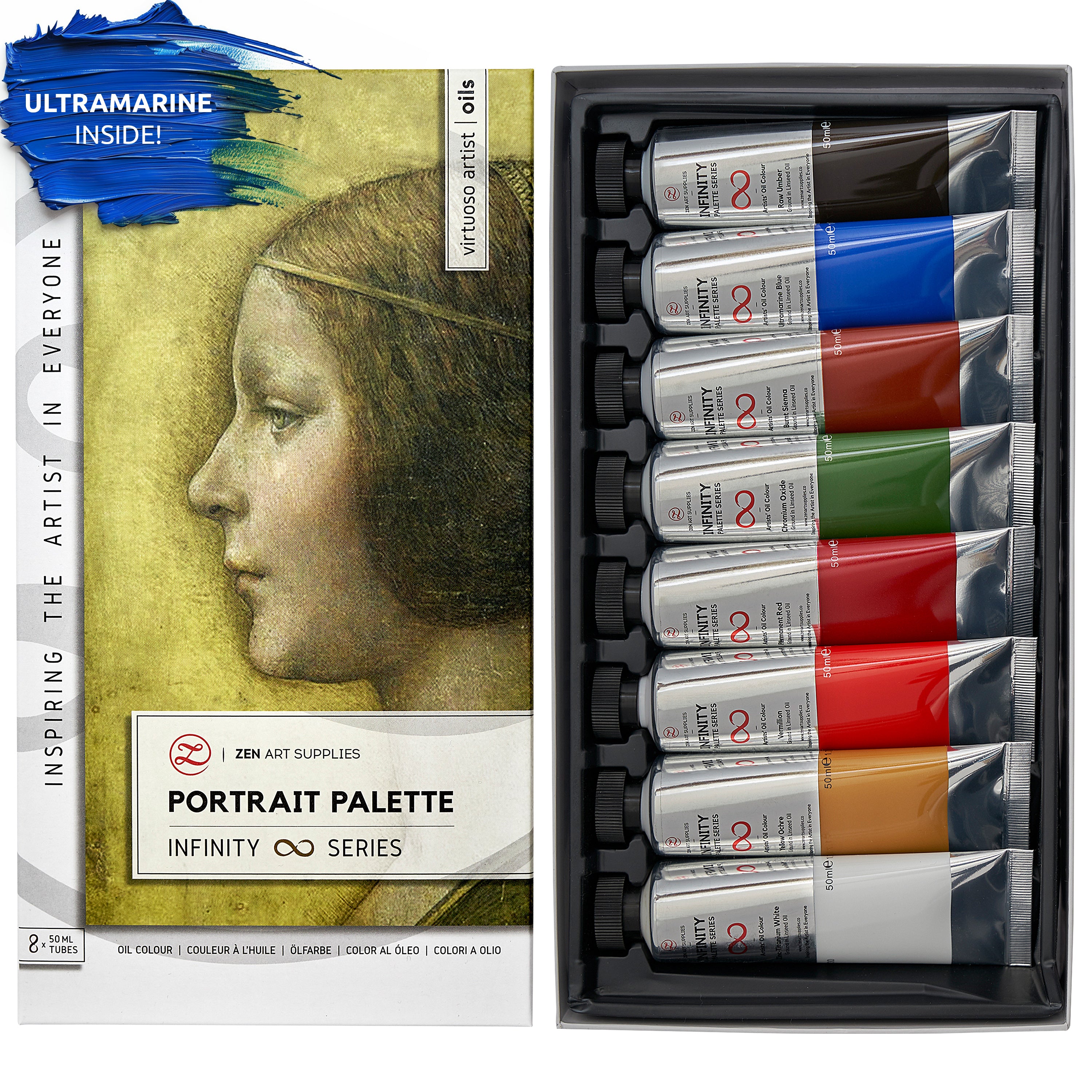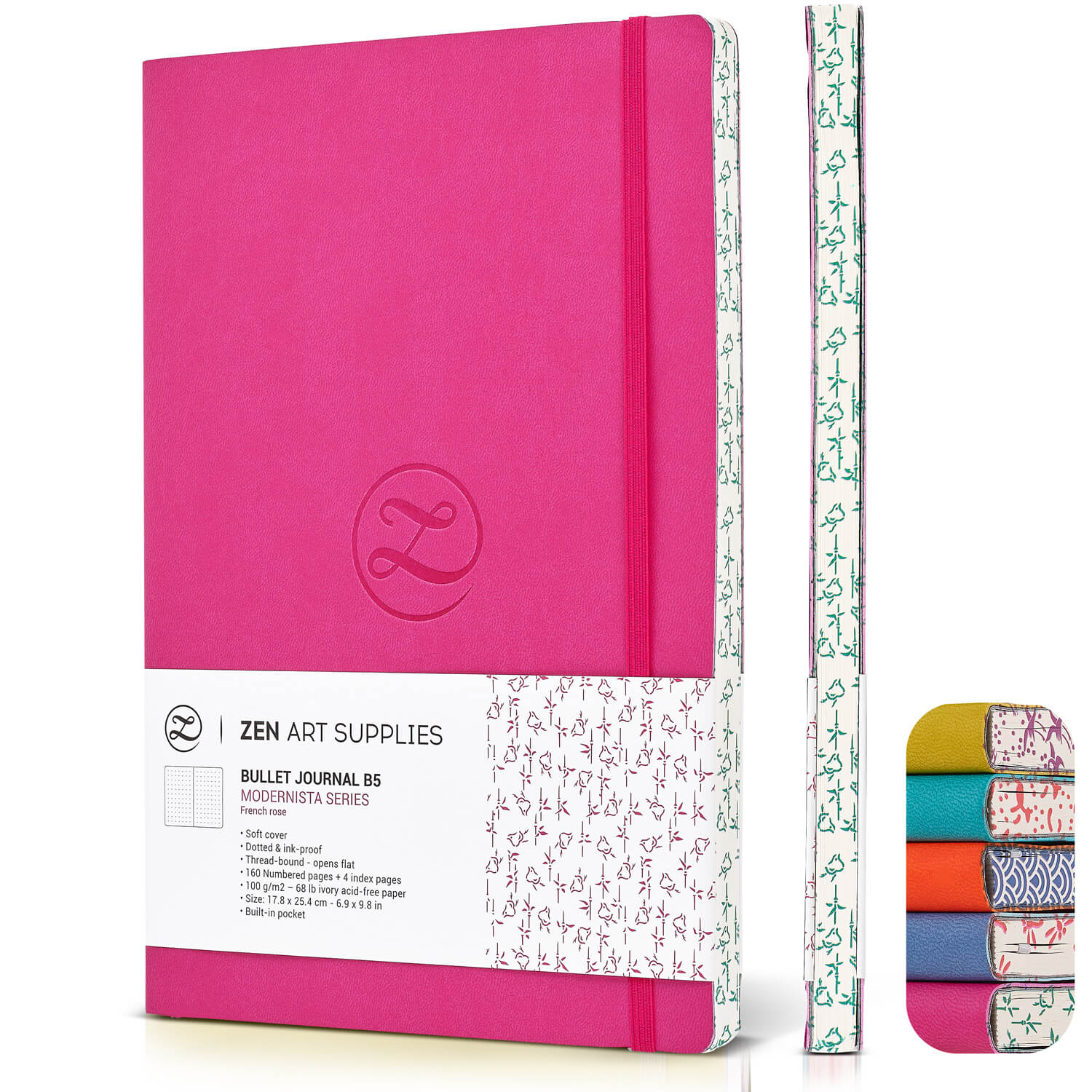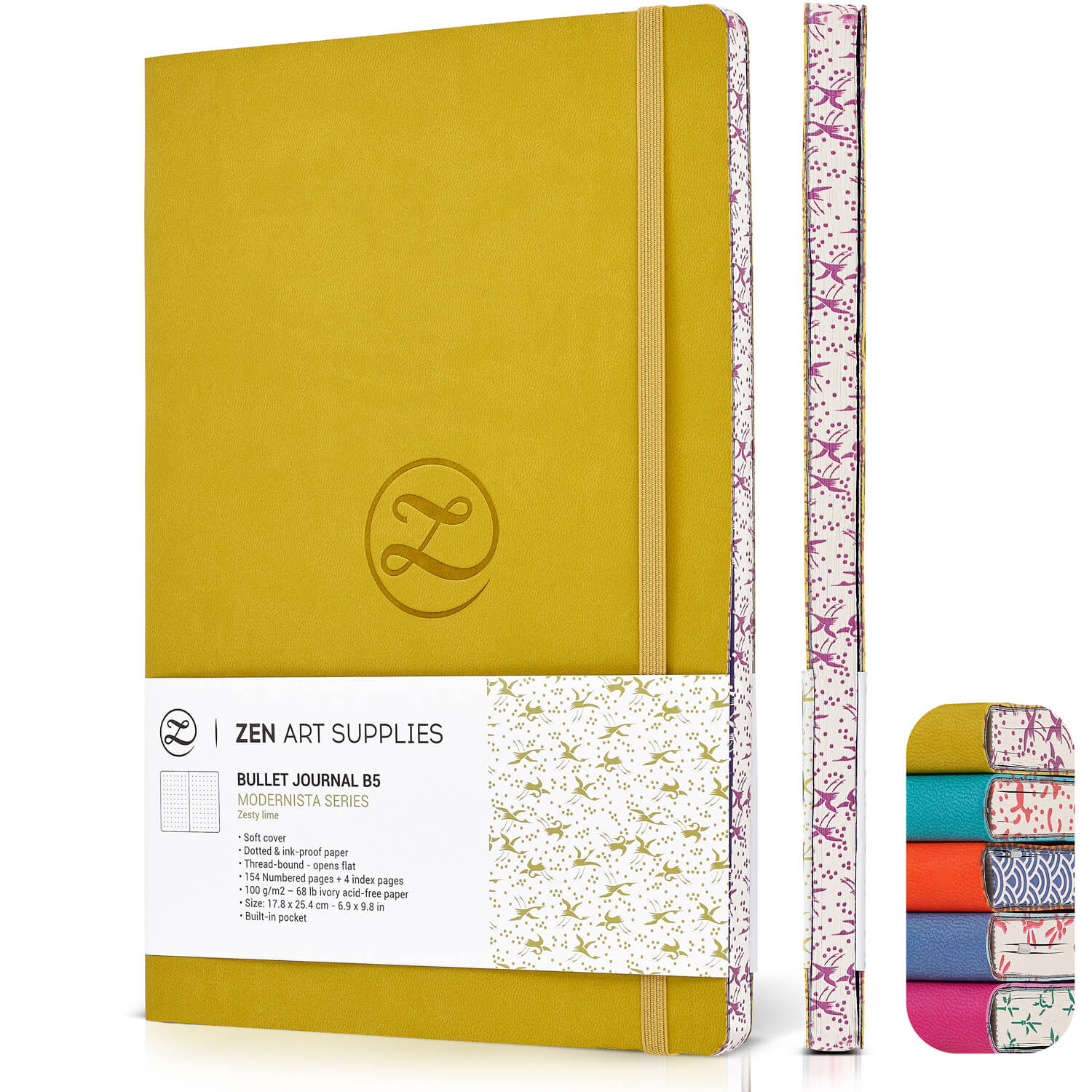I’ve been teaching journaling workshops for years now as part of my mental health advocacy. I’ve seen how traumatic events take our voices away from us. And life in a pandemic did just that.
We’re all going through a lot right now. In these times, self-care and community are essential. Otherwise, we trap ourselves in a cycle of unhealthy coping mechanisms.
That’s where journaling comes in.
Through journaling, creativity becomes an avenue to reclaim your voice and heal your inner child. When shared with others, it becomes a way for people to connect meaningfully and intentionally.
Art-making in itself is healing. That’s why journaling is such a powerful tool to overcome any mental slump.
At the heart of my teaching is creating a safe space on the blank page. It took years of working with my therapist to come up with inclusive and sustainable methods of self care—all via journaling. With this guide, I hope to share the magic of self-care journaling with you all!
21 days of self-care journaling prompts!

If you’re stressed, overwhelmed, or burnt out, take a moment to pause. Here’s a 3-week self care journaling challenge you can do in your own time. I hope these simple exercises help you as much as they've saved me in the past!
1. Take deep breaths and do some meditative painting.
I begin every workshop with an exercise called Creative Meditation. It helps in getting you in a calm and creative state. Focus on your breathing and let your brush strokes synchronize with your breath.
2. Grounding Exercise: List things you can sense here and now.
The 5-4-3-2-1 coping technique for anxiety is a grounding exercise that helps get you out of a panic attack. Name 5 things you can see, 4 things you can feel, 3 things you can hear, 2 things you can smell, and 1 thing you can taste.
This exercise helps in bringing you out of your panicked state and back into reality.
3. Mood Tracking: Name your feelings! What’s taking up your emotional bandwidth?
This helps especially for those with mood disorders. Emotion regulation is about sitting with your feelings instead of acting out on them. Identifying and observing your emotions also makes it easier to deal with them.
4. Brain Dump: Declutter your mind and unpack your thoughts.
This one’s for the perfectionists in analysis paralysis mode. Time to shush your inner editor and just let the words flow. My fave creative recovery book, The Artist’s Way by Julia Cameron, turns this into a daily exercise called the morning pages. Three pages of stream of consciousness words. Don’t even think of it as writing. Just unload your thoughts on the page as they are.

5. Design your ideal day.
Invite healthier habits into your ideal daily routine! Keyword: ideal. It’s a guideline, not a requirement. Remember to take it easy and do what you can with the energy and time you’re given.
6. Miracle Morning: What’s the best way to start your day?
Your morning routine can make or break your day. What morning habits can invite peace and productivity into your life? Pro-tip: Keep your phone off for the first two hours of your morning.
7. Sleep Hygiene: What can you do to invite a good night’s sleep?
Sleep hygiene means setting yourself up for deep, uninterrupted sleep. I’m an anxious insomniac, so having a cozy evening ritual is a must. For me, a good night ritual involves aromatherapy, no phone, and binaural beats for sleep. I also journal instead of lying awake fussing about cringe things I did when I was 12.
8. Mental Health Playlist: What shows, movies, books, or songs put you in a good mood?
I have a list of feel-good movies and shows to watch when I feel down. Funnily enough, there’s a lot of true crime in there. And a bunch of chill video games. Again, do what works for you.

9. Gratitude: List things that made you smile.
In positive psychology, keeping a gratitude practice invites more compassion and kindness into our lives. Perspective changes everything. And when you’re deep in a depressive rut, having a growing list of things you’re grateful for gives you a reason to keep going.
10. Affirmations: What compassionate words would you like to hear when you feel down?
Talk to yourself like you would a friend. Give yourself a boost of confidence. Remember you are worthy of love, happiness, and abundance. You’re doing your best so you can—and will—get through this!
11. Radical Compassion: Five things I dislike about myself vs. five things I can do to love myself
Self-care isn’t always pretty. Sometimes it means looking inward, sitting with our ugly emotions, and being vulnerable with ourselves. Then we work toward radical and non-judgmental self-love.
12. Self Compassion: Write a letter to yourself as if you were writing to a friend in need.
Self-love isn’t all butterflies and rainbows. When sitting with your uncomfortable emotions gets hard, try looking at it from an outside perspective. For further reading, psychology professor Dr. Kristin Neff has a bunch of guided self-compassion practices I incorporate into my self-care workshops.

13. Body Positivity: Write a love letter to your body.
What do you love about your body now? How can you love your body more? How has your body been there for you? Don’t forget to apologize and forgive yourself for the times you neglected or abused your own body.
14. Love Languages: What is your love language when you give vs. when you receive affection?
ICYMI, the five love languages are physical touch, words of affirmation, acts of service, quality time, and gift-giving. How can you practice these love languages on yourself?
15. Allocating Energy: List 5 energy drainers. And now 5 energy givers.
Sometimes self-care means saying no and setting healthy boundaries. Otherwise, we allow people to walk all over us and use up our limited energy. You’re not selfish for setting limits—you’re protecting your peace.
16. Coping mechanisms: What are my triggers? How do I cope with them, and does it help?
Triggers are personal, so don’t compare your anxieties to others. What events can trigger overwhelming emotions and responses? What healthy coping mechanisms can you employ to deal with them better?
17. Post-Pandemic Coping: How has the pandemic affected your life?
These past two years were intense, to say the least. To the point where people developed trauma-like symptoms from what we collectively and personally experienced during the pandemic. Allow yourself to grieve who you were pre-COVID 19. What have you learned from these past two years? What or who have you lost? What has helped you (e.g. routines, community, perspectives, boundaries)?

18. Safe Space Visualization: Think of a place, real or imaginary, that makes you feel at peace.
Instead of dissociating and over-catastrophizing the moment, find a moment of safety. What does peace look like? What can you smell, hear, feel, or touch in this safe space? How can you recreate this safe space in your current home environment?
19. Support Systems: List friends and loved ones you can call or count on during a crisis.
Mental wellness isn’t just individualistic. It’s a systemic and communal issue. Sometimes you need to ask for help—and that’s okay! Include the names of trusted people and their contact details in case of an emergency.
20. Goal digging: What would you do if you knew you couldn’t fail?
It never hurts to dream. And when you do, permit yourself to dream a little bigger. You are capable of great things!
21. Self Care Menu: List ways you can care for yourself physically, mentally, emotionally, spiritually, and socially?
Time and energy are limited resources. Not everyone has the privilege of spending hours on self-care. So list down small, actionable steps you can take for yourself. A five-minute dance party before your lunch break ends. Hugging a pet. Downing a glass of water instead of a fourth iced coffee.
How do you show yourself the love and care you deserve?
Self-care is sustainable and deliberate. It’s not a one-time-big-time act of love. It’s baby steps taken each day toward your best self. Don’t compare yourself or your work to others. Do what works for you!
Remember: all art is good art, especially if it’s done as an act of self-love.
So how do you use art or journaling for self-care? We’d love to hear your thoughts and see your work! Join our community of like-minded ZenArtists and share the magic of art-making with us!
- MEET THE AUTHOR-

Belle O. Mapa is a writer and artist based in Manila, Philippines. She believes that everyone is born with an inner creative spirit—we just need to nurture and discover it on the blank page. Currently, she lives out her passion: writing stories, hosting journaling workshops, and advocating for mental health awareness.
This article is written in the memory of the late Dr. Theresa Montinola, without whom I would not be here, doing the work I do now.







